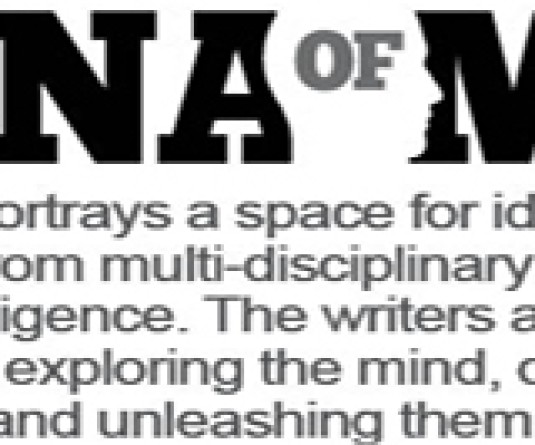
Rev. Fr. C. Joseph
Counsellor St. Joseph’s College, Jakhama
Counselling is a tale about themselves told by people with help from the universal language of their eyes, their hands, and even their shifting feet. They use all these accent marks as they try to tell us the story that they want to hear and understand themselves. Much of what persons tell counsellors comes in anecdotal form, in a storytelling mode as old as we are. We talk to each other all the time by telling stories, and even our tall tales tell something true about us. Telling stories to communicate our experience is as human and natural as breathing. Stories and illustrations are found in abundance in the garden variety of common, personal problems with which counsellor deal all the time.
Telling our own story we bypass logic in order to reach the unconscious level of others in ways that defy superficial rational analysis. That is why stories have always been a part of the civilized person’s resources. Myth and symbol remain potent means of communication, and the art of the novelist consists in telling the truth about us while telling a story at the same time. Counsellors may understand this abstractly, but it is another matter to make ourselves into receiving sets for the storytelling that constitutes so much of what people tell us. Catching the dynamics of these stories – the living reasons they are told, their “point,” so to speak – is an essential part of counselling.
Individuals are not trying to entertain us through their stories; they are trying to explain themselves. They sift through their own experience, describing their relationships and the things that have gone wrong and the things that have gone right, pulling something loose, scraping it free of soil and holding it up for our inspection. Is this the root of my troubles? They attempt to trace down the source of their anxiety by describing the circumstances or events in which they face it in their lives. These narratives are, then, an invaluable source of raw material from which we can form an understanding of their authors. This, they say, is my life.
Problems arise when counsellors lose themselves in the details of the story, thereby missing both the person and the message in the process. True life stories are interesting and can easily arrest or attention. As helpers, we may get hooked on the story, wanting to know how it comes out rather than the reasons for its being told. Sometimes we may even wish to alter its ending.
How to Hear the Story Each anecdote trembles with echoes from less than conscious levels of personality. When we sense and pick up these signals, we begin to hear the real story others are trying to tell us, indeed, the one they are trying to tell themselves. Our response resembles the way a friend answers a friend who is in trouble, the manner in which a husband and wife respond to each other when one of them is in distress. These figures are not distracted by the details because they sense the pulsating core of the distressed person. That is what is important, and it is to this level, from which all the illustrations flow, that they respond. They understand that the illustration is just a way of getting this deeper message across. We must listen to other in the same natural and human way, responding to the underlying tones that give their stories colour and meaning.
Conclusion: Counselling is not a tough job to get through, or a routine task to be accomplished but a relationship to be experienced. It is like and, indeed, is a part of life in which we are not solving a puzzle but trying to understand and respond to another person. As we become accustomed to hearing into the narrative, we respond more freely and with more of our genuine selves. Counselling becomes less a stressful and more a satisfying real-life relationship for us and for those with whom we work. It is listening to the lives of others. It is often reported that many counselling clients say that the most important and valued thing that they take from counselling is that they feel listened to and understood. Even if a counsellor has been excellent at helping them to clarify, focus, or to facilitate change within them, good listening might still feel even more significant than that. Perhaps this is partly because there is a current perception that bad listening is endemic in society, and that it seems to be quite rare for people to feel that they are being fully listened to by others. Humanity has expressed this view by creating a variety of sayings such as “home is where you can say anything you like because nobody listens to you anyway.” Throughout the centuries, people have commented how good listening is a valuable though relatively rare aspect of life. The ancient philosopher Epictetus understood the importance of good listening when he wryly said: “we have two ears and one mouth so we can listen twice as much as we speak.” Perhaps the world would be a better place if more people followed that wisdom!






